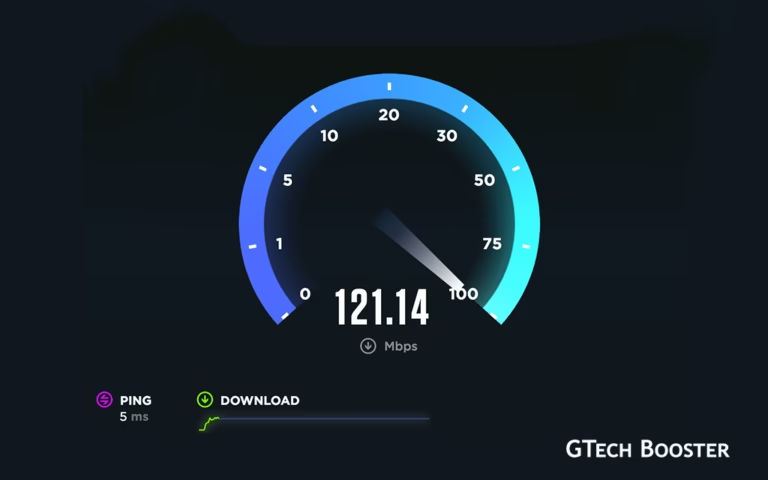Google announces changes to Android, Play Store and other services to comply with EU law
The changes aim to provide users with more transparent search results and offer developers new tools to promote their apps within the framework of the EU tech rules.

Google has announced significant changes to its services, including Android, the Play Store, and other offerings, in order to comply with EU laws and regulations. These changes are aimed at addressing concerns raised by the European Commission and ensuring compliance with the Digital Markets Act (DMA).
One of the key changes involves the Play Store, where Google has committed to making terms and conditions fairer and addressing allegations of unfair conduct by developers. In late July, Google announced that it would allow certain app developers to use alternative billing systems in the Play Store when collecting payments from users in Europe, as well as reduce developer fees. These changes are part of Google’s efforts to comply with the Digital Markets Act, which sets out prohibitions and obligations for major tech players, including Google, Meta, Amazon, Apple, and Microsoft.
Furthermore, Google has agreed to introduce changes to various services, including the Google Store, Google Play Store, Google Hotels, and Google Flights, to provide clear and accurate information in compliance with consumer protection laws in the EU. These changes are a result of discussions with the Consumer Protection Cooperation Network (CPC) and are intended to ensure that EU consumers have access to clear and complete information to make informed choices.
The company stresses that it intends to “build products that are easy to use, innovative and secure”, however, it had to make “difficult trade-offs” for compliance with European law, such that it is expected to affect users, developers and companies.
On Android, the operating system used by billions of devices worldwide, the company will be required to display choice screens so that users can choose to use their favorite browser and search engine as their default as soon as the user is setting up their smartphone or tablet for the first time.
Google Chrome will also undergo similar changes in its iOS and PC versions. As soon as the user opens the browser for the first time, there will be a screen of choice for the default engine for web searches. These changes are expected to take effect in the European Union from March 6, the day before the new rules come into force.
In anticipation of the Digital Markets Act taking effect in the EU, Google has released a new support document detailing the options available to EU customers related to Google services. To comply with the DMA, Google is offering users the option of “unlinking” certain Google services from each other, with data sharing between Google services becoming optional. These changes are specifically tailored for EU users and are part of Google’s efforts to align with the new laws for big tech companies in the digital market.
Google’s announcements reflect its commitment to adapting its services to comply with the evolving regulatory landscape in the EU. These changes are designed to address concerns related to fair competition, consumer protection, and data privacy, as outlined in the Digital Markets Act. It begs the question, what happens when the Asian, African, Caribbean and The other markets commence their implementations.















